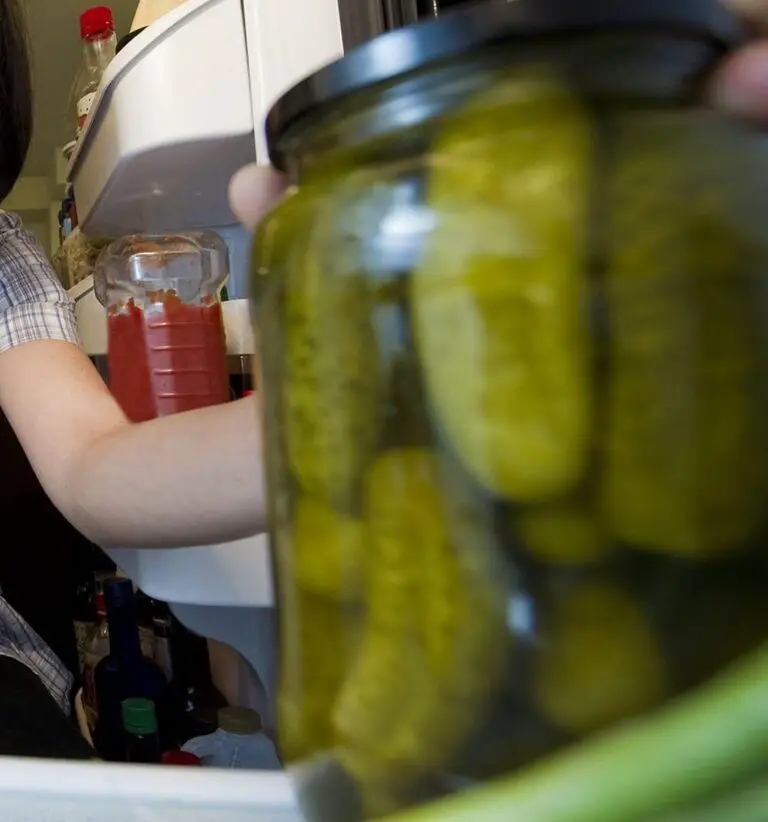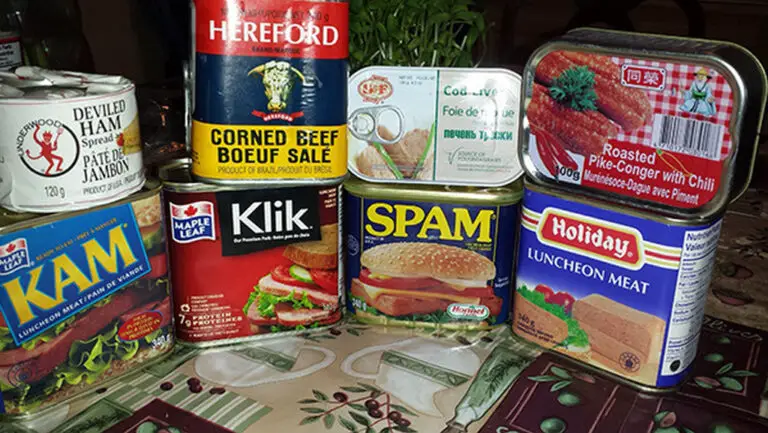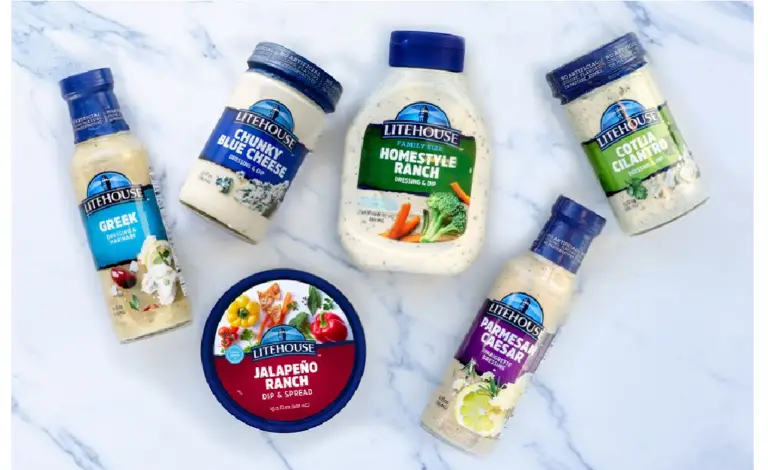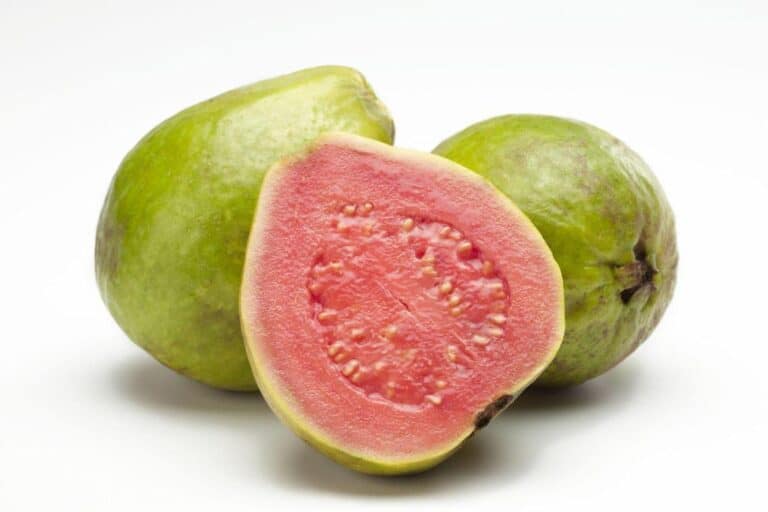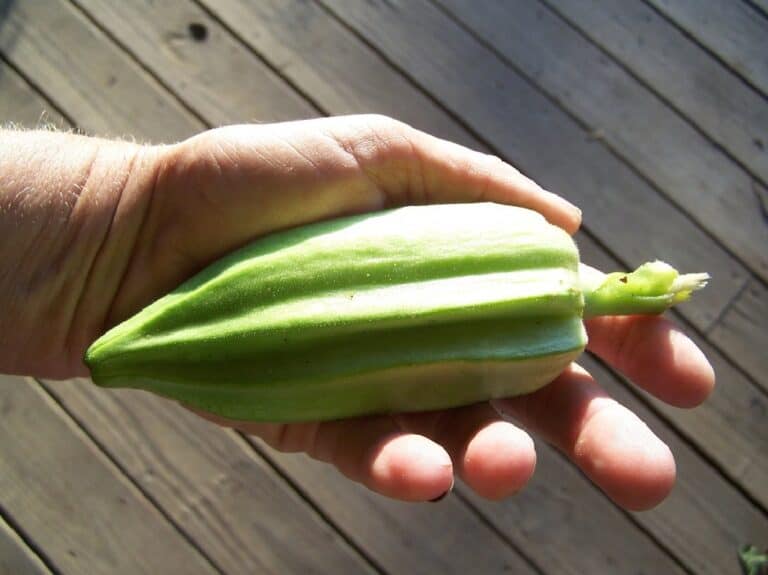How Long Does Homemade Applesauce Last in the Fridge After Opening?
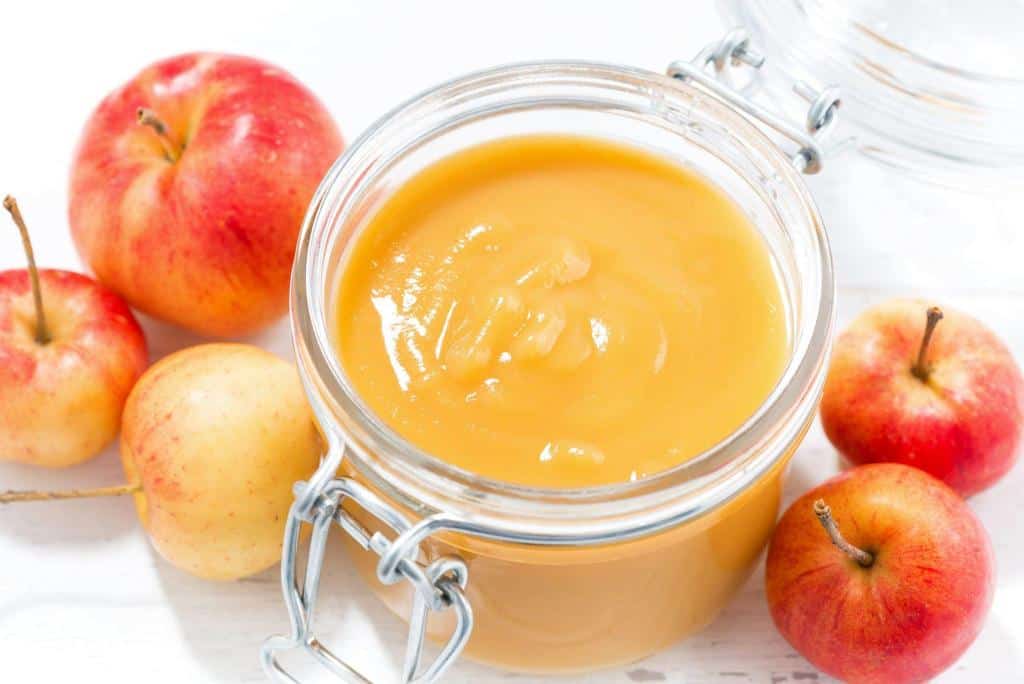
There’s a certain magic in crafting homemade applesauce—the scent of apples dancing with a hint of cinnamon, the gentle simmer on the stove, and the anticipation of that very first spoonful. But as the jars line your pantry shelves, a common question arises: how long does homemade applesauce last if stored in the fridge?
Opened, homemade applesauce (not canned) should last 4-6 days in the refrigerator. Refrigerated homemade applesauce can last up to a week. It is important to note that these are general guidelines, and the quality of the applesauce may start to decline after the recommended time.
Fear not, for in this exploration, we unveil the secrets to preserving your homemade applesauce’s delectable charm. From the art of ingredient selection to the science of storage, we’ll navigate the realm of culinary longevity.
So, whether you’re a seasoned applesauce aficionado or a newcomer to the craft, join us on a journey through textures, tastes, and timeframes, as we uncover the answer to that age-old question: How long does homemade applesauce last?
Introduction to Homemade Applesauce
Imagine the crisp sweetness of apples, cooked down to a velvety texture that’s both comforting and refreshing. That’s homemade applesauce for you. It’s a culinary creation that involves transforming apples into a delightful sauce that can be enjoyed on its own or used to enhance a wide array of dishes. From a topping for oatmeal to a versatile ingredient in baking, its uses are as abundant as the apple orchards that inspire them.
Making Homemade Applesauce: A Flavorful Journey
Before we embark on understanding the longevity of homemade applesauce, let’s take a journey through the process of crafting this delightful treat. Homemade applesauce is a culinary canvas that allows for creativity while embracing the simplicity of its ingredients. Here’s a brief overview of the process:
1. Selecting the Apples
Choose a variety of apples that strike a balance between sweet and tart. Common choices include Fuji, Gala, and Granny Smith apples. The combination of different apple types can yield a more complex flavor profile.
2. Preparation
Wash, peel, core, and dice the apples. Simmer the apple chunks with a touch of water, lemon juice, and your choice of sweeteners like sugar, honey, or maple syrup. Feel free to add a sprinkle of cinnamon for a warm, aromatic twist.
3. Cooking
Gently cook the apples until they soften and break down. Use a potato masher or an immersion blender to achieve your desired texture—chunky or silky smooth.
4. Personalization
This is where you can get creative. Add a splash of vanilla extract for depth, or experiment with nutmeg for a hint of earthiness. Your homemade applesauce, your rules!
The Shelf Life of Homemade Applesauce
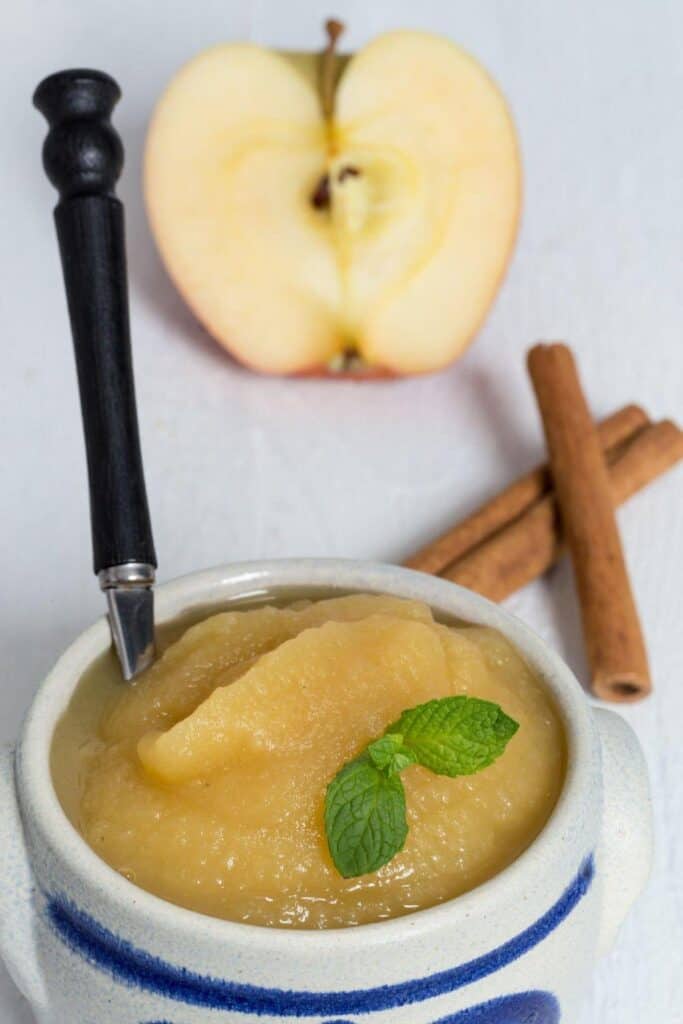
Now that you’ve lovingly crafted your applesauce, it’s time to understand its lifespan. Several factors come into play when determining how long your homemade applesauce will remain safe and tasty. These factors include:
- Ingredients: The quality of the apples used and the freshness of the other ingredients contribute significantly to the shelf life. Opt for fresh, ripe apples and quality sweeteners to extend the longevity of your applesauce.
- Preservatives: Homemade applesauce lacks the preservatives found in store-bought versions. However, you can increase its shelf life by employing safe canning techniques or freezing.
- Storage: Proper storage is crucial. Seal your homemade applesauce in airtight containers to prevent contamination and moisture absorption.
- Temperature: Keep your applesauce chilled. Refrigeration slows down the growth of bacteria, maintaining the freshness of your creation.
Refrigeration and Freezing: Your Applesauce’s Best Friends
Homemade applesauce, when refrigerated, can maintain its freshness for about 7 to 10 days. However, pay attention to any changes in color, texture, or odor. If anything seems off, it’s best to discard it.
If you’ve prepared a large batch or want to prolong the shelf life even further, freezing is your ally. Here’s a simple guide to freezing homemade applesauce:
| Step | Instructions |
| 1 | Allow the applesauce to cool completely. |
| 2 | Transfer it to freezer-safe containers or resealable freezer bags. |
| 3 | Leave some space at the top to account for expansion during freezing. |
| 4 | Label with the freezing date to keep track of its freshness. |
| 5 | Frozen applesauce can last for 6 to 12 months. Thaw in the refrigerator before use. |
Read: How Long Is Applesauce Good After Opening? Keeping It Fresh
Signs of Spoilage: Trust Your Senses
Even with proper storage, it’s important to remain vigilant for any signs of spoilage. Here are some indicators that your homemade applesauce might have reached the end of its journey:
- Off Odors: If your applesauce develops an unusual, sour, or fermented smell, it’s best to discard it.
- Texture Changes: If the texture becomes excessively watery, slimy, or gritty, it’s a sign that the applesauce has gone bad.
- Color Shifts: While slight changes in color are normal, any drastic shifts towards a dull or moldy appearance indicate spoilage.
Storing Homemade Applesauce
Maintaining the freshness of your homemade applesauce is key to enjoying its flavors for an extended period of time. To ensure your efforts don’t go to waste, keep these storage tips in mind:
- Cool Before Storing: Before placing your applesauce in storage containers, allow it to cool to room temperature. This prevents excess condensation and helps preserve the quality.
- Container Choice: Opt for airtight containers made of glass or BPA-free plastic. These containers keep air out and flavors in, extending the shelf life.
- Refrigeration: If you plan to consume your applesauce within a week or so, refrigeration is your go-to. It maintains freshness and texture without any fuss.
- Freezing: For longer storage, freezing is your best bet. Portion out your applesauce into freezer-safe containers, leaving some space for expansion. Label with dates for easy tracking.
Using an Expired Applesauce
If you find yourself with applesauce that’s past its prime, don’t be too quick to toss it. There are creative ways to repurpose it:
- Baking: Expired applesauce can be used as a substitute for oil or butter in baking recipes, adding moisture and flavor to your creations.
- Smoothies: Blend it into your morning smoothie or tropical smoothie for a fruity twist and added nutrition.
- Sauces and Dressings: Use it as a base for sweet sauces or dressings to accompany dishes.
- Composting: If repurposing isn’t feasible, consider environmentally friendly disposal methods like composting.
Food Safety and Applesauce Preservation
Maintaining proper hygiene during applesauce preparation is essential to preventing contamination. Wash your hands and equipment thoroughly before handling ingredients. Avoid cross-contamination by using clean utensils and surfaces.
Consuming spoiled applesauce can lead to foodborne illnesses. Symptoms like nausea, vomiting, and stomach discomfort can arise from consuming contaminated or expired foods.
Tips for Food Safety:
- Wash and peel apples before cooking.
- Store applesauce in sanitized, airtight containers.
- Follow proper cooking and cooling procedures to minimize bacterial growth.
Conclusion
Homemade applesauce, with its delightful taste and versatility, is a true culinary gem that deserves a place in every kitchen. By understanding the essentials of its creation, the various cooking methods, and the nuances of proper storage, you’re equipped to enjoy its flavors to the fullest. Whether you choose to whip up a batch for immediate consumption or plan for long-term enjoyment through freezing, your homemade applesauce can be a delicious addition to your meals and snacks.
So the next time you find yourself with an abundance of apples, don’t hesitate to embark on the journey of creating your own batch of applesauce. With the right ingredients, preparation, and storage, you’ll have a delectable treat that’s not only tasty but also versatile enough to enhance a wide variety of dishes. Enjoy the fruits of your labor and the delightful flavors of homemade applesauce, knowing that you’ve mastered the art of extending its shelf life for continued enjoyment.
Remember to trust your senses when assessing its freshness, and make informed choices to savor the flavors of your homemade applesauce at their best.
FAQs on How Long Does Homemade Applesauce Last in the Fridge After Opening
Can I use brownish apples to make applesauce?
Absolutely! Brownish apples are still perfectly fine to use for applesauce. The cooking process will transform them into a luscious, flavorful sauce. Just be sure to remove any bruised or damaged areas before cooking.
Can I add spices to my applesauce for extra flavor?
Definitely! Spices like cinnamon, nutmeg, and even a pinch of cloves can enhance the flavor profile of your applesauce. Experiment with different combinations to find your favorite.
Is it necessary to refrigerate homemade applesauce before freezing it?
Yes, it’s important to cool your applesauce to room temperature before freezing. Rapidly cooling it down before freezing helps preserve the texture and taste.
Can I thaw frozen applesauce quickly?
The best way to thaw frozen applesauce is by placing it in the refrigerator overnight. This gradual thawing helps maintain its quality. Avoid using heat to thaw it quickly, as it can lead to uneven texture and flavor loss.

